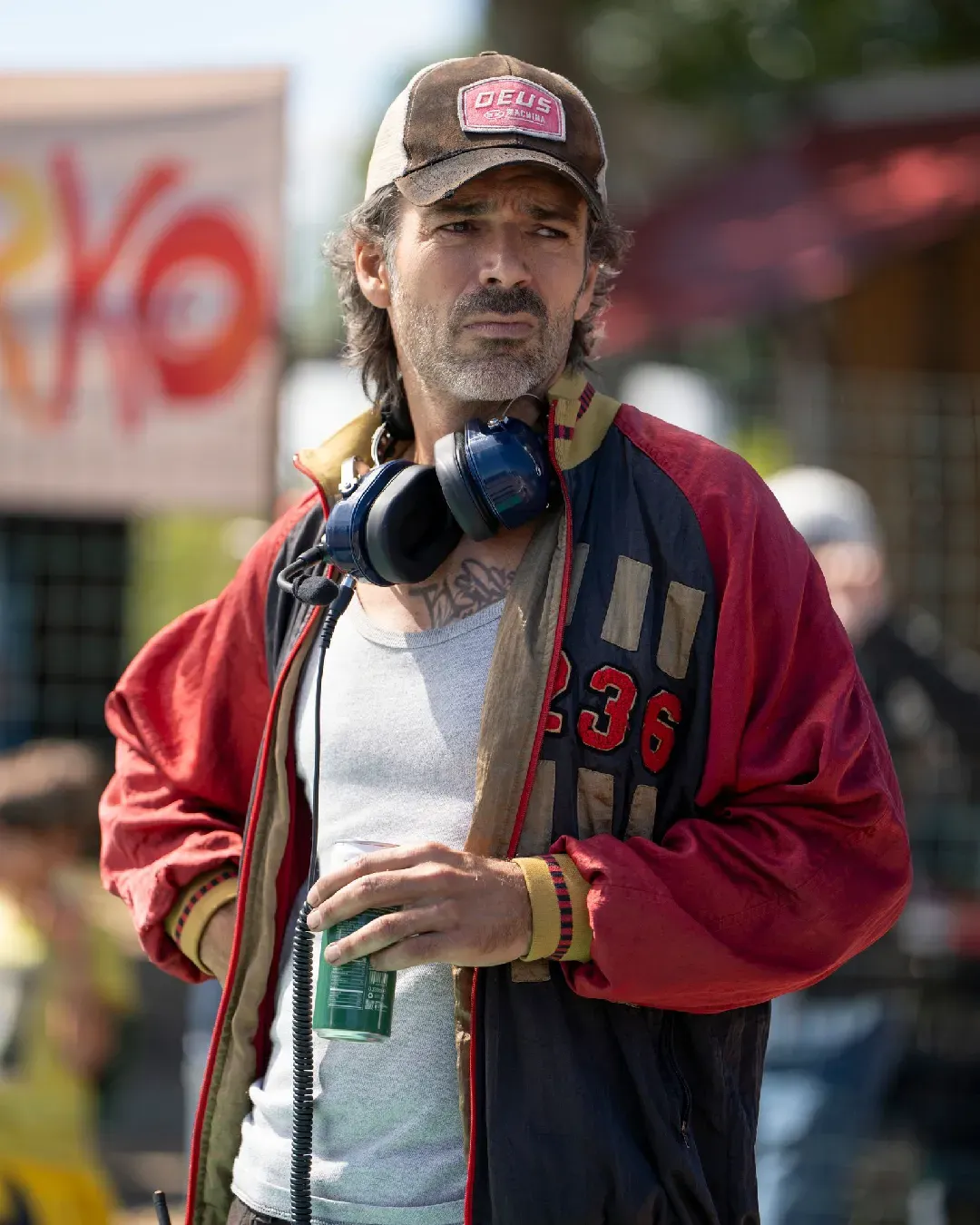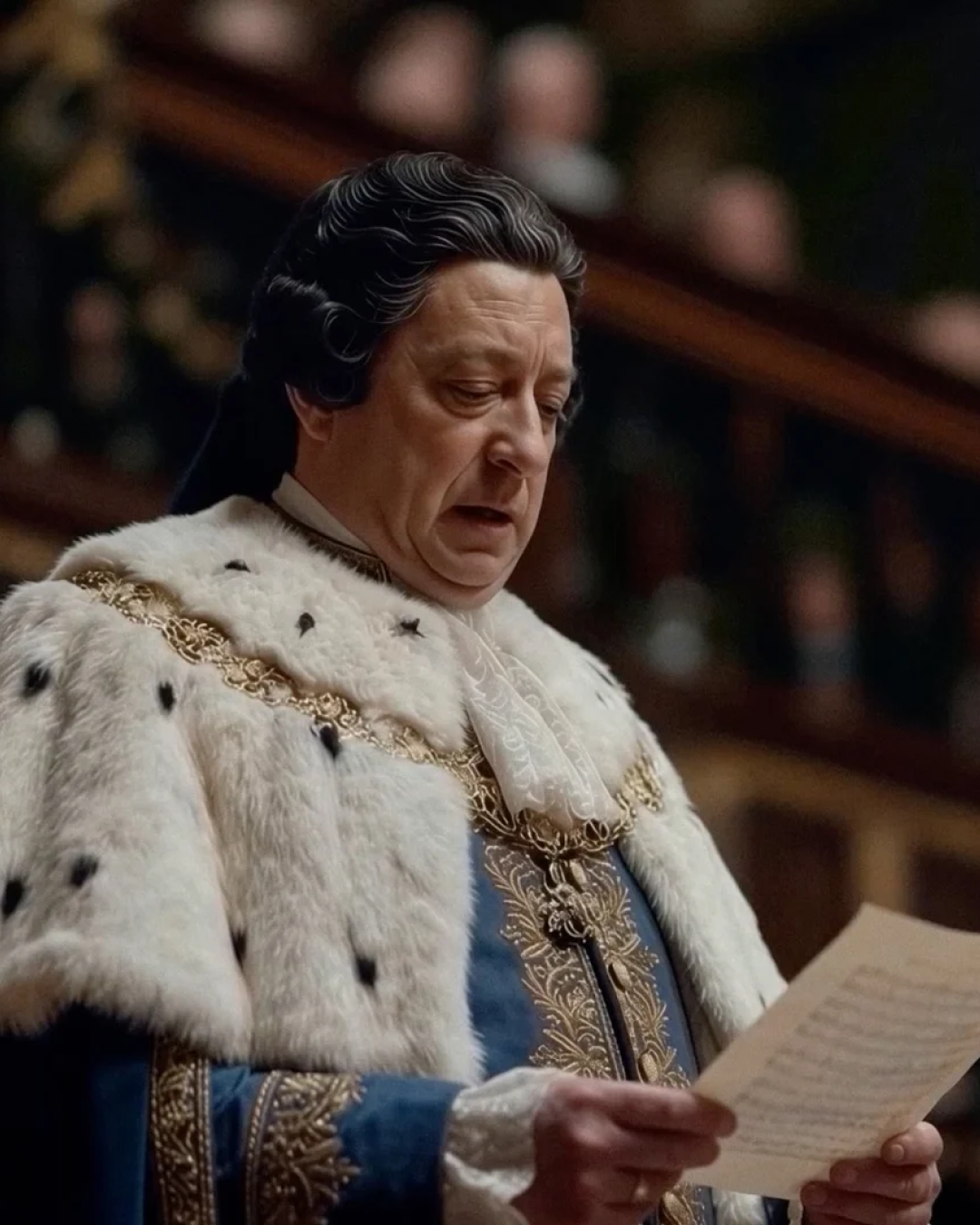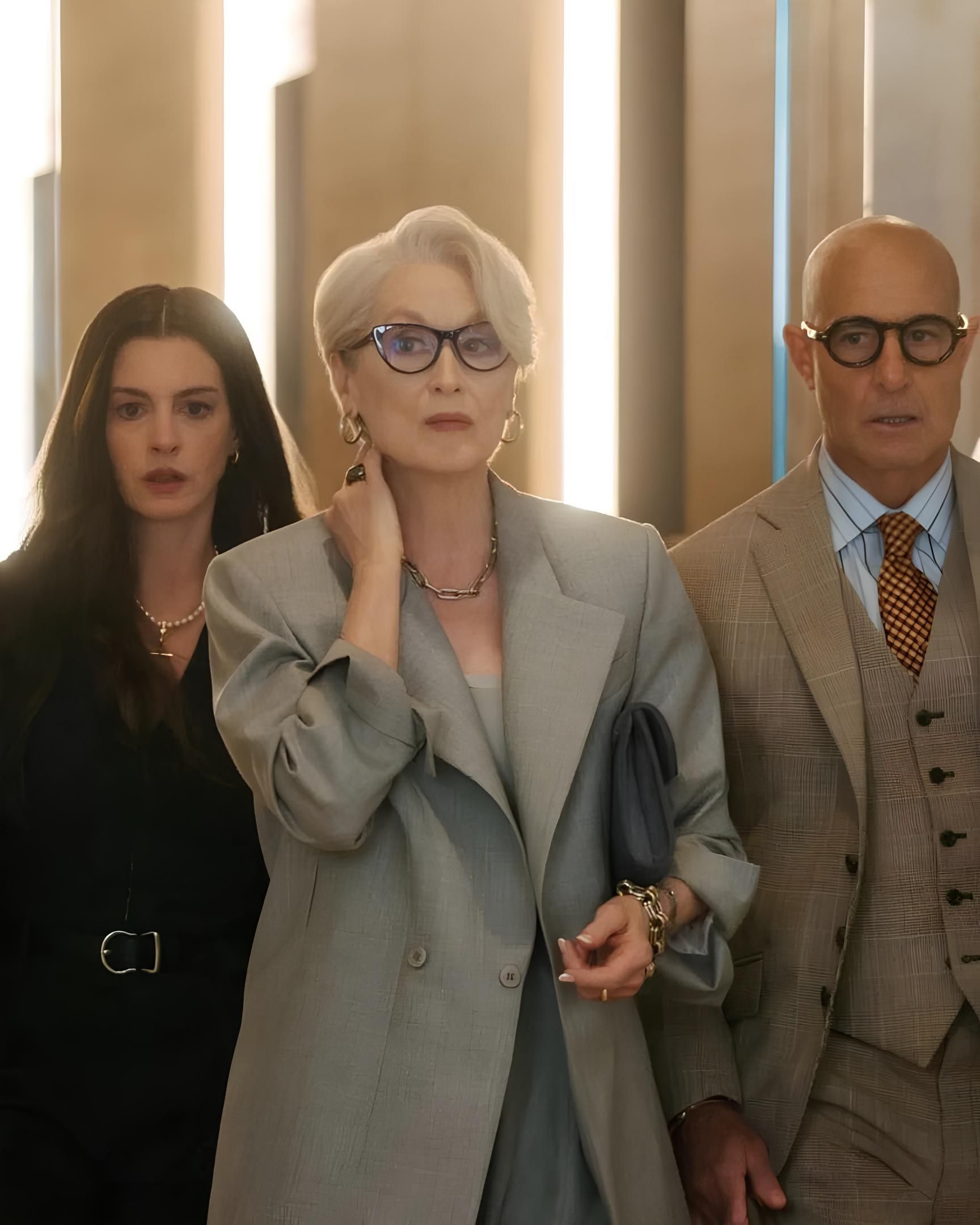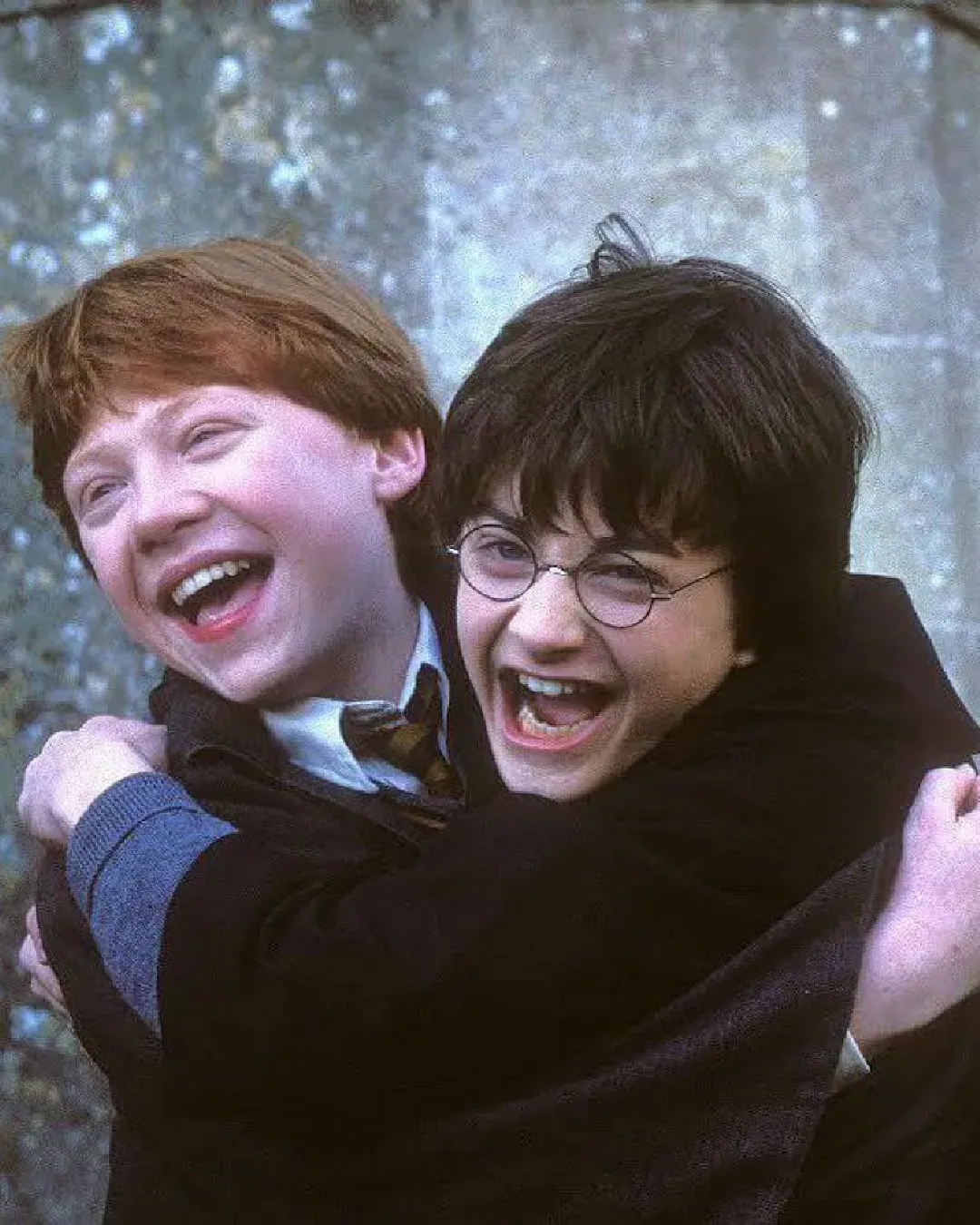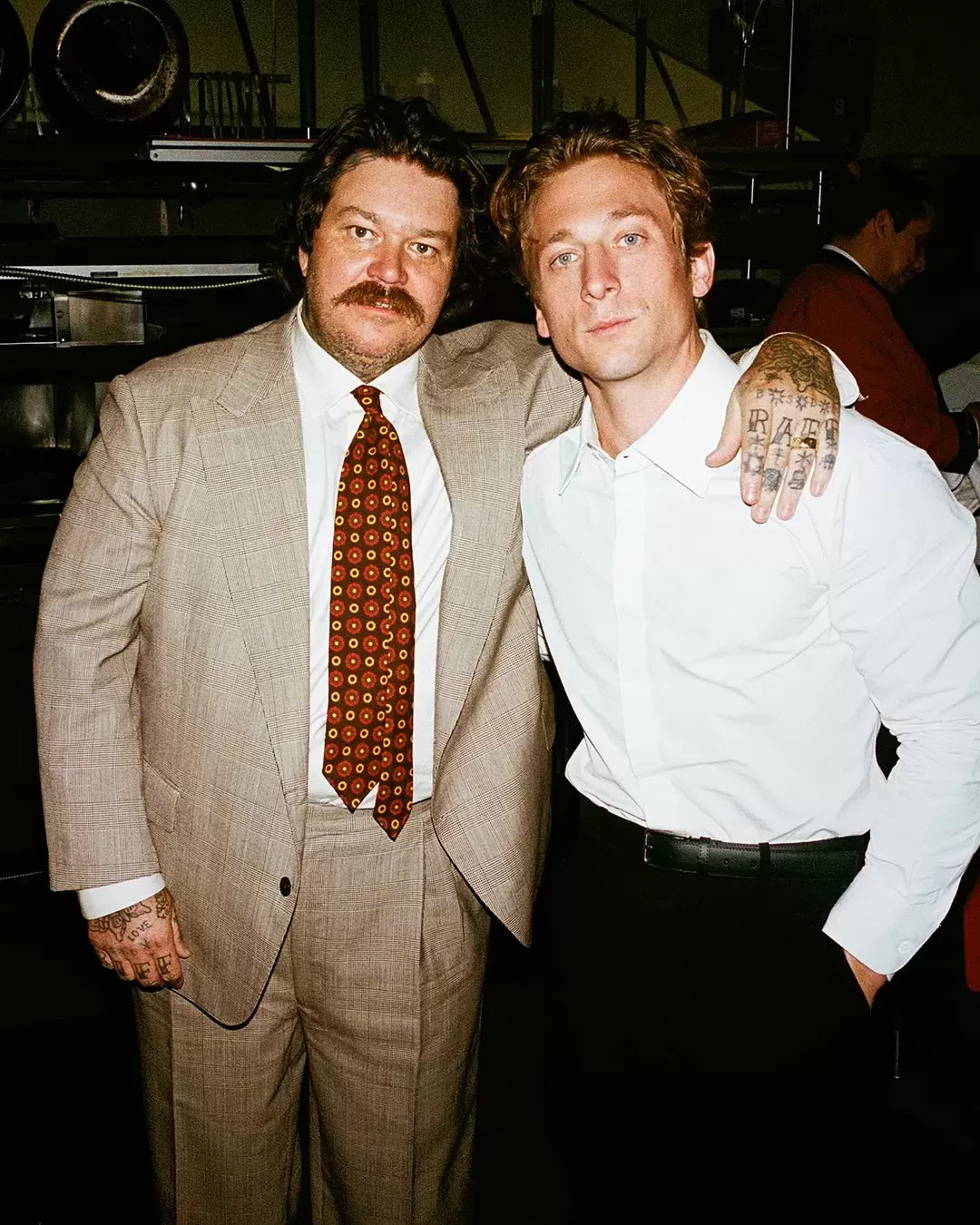
The Bear and Carmy's emotional mascolinity In the fourth season of the series, fewer logos and more authenticity
One of the first things Carmy does in the fourth season of The Bear is smile. It’s not just a lip curl, it’s a genuine smile. It’s not overly emphasized by director Christopher Storer, also the creator of the cult culinary series, who co-directed the first episode with Duccio Fabbri, but it’s there and it’s clear. It happens on a train cutting through the city of Chicago: the sky is overcast and the light, behind the clouds, warms his face while easing some of the chaos that haunts him. This image forms the foundation of the protagonist’s entire evolution, which took a full four seasons to truly unfold. Carmen Berzatto’s development and transformation are without a doubt the main theme of the show’s return, threading a line from the first episode to its liberating and painful finale, astonishingly consistent with the path the character himself chose to follow: facing his fears and climbing over the walls he himself had built. Breaking them down, even. Ensuring they’re no longer a shield between him and the people around him, as messy as he is but capable of pretending they’re okay, something they tell him more than once.
@ayoedebiri all episodes of The Bear drop in ONE MONTH - 6.25 on Hulu!! That is JUNE 25th!! ok gbye
original sound - marcdfa
It’s the constant sense of danger that Carmy wants to free himself from. His main goal is no longer to create the perfect dish, but to stop running from the struggles he’s tried to escape through cooking his whole life. It’s an internal journey, oddly quiet - even though there’s still some shouting - that awaits the protagonist this season. That’s why the broadcast of Groundhog Day in the first episode is symbolic, setting the tone for the whole season. Carmy’s desire to break the routine of anxiety, yelling, resentment, and inability to communicate with those around him takes precedence over the kitchen. The chef portrayed by Jeremy Allen White wants to show his commitment to others. That’s why, beyond the smile, there’s another thing Carmy does more than ever this season: he talks. He talks a lot, definitely more than we’ve ever been used to.
the bear season 4 finale: pic.twitter.com/hdOAQRXBmD
— dhanush (@spunchbawbII) June 26, 2025
Throughout the fourth season, chef Berzatto is marked by strong character and writing consistency. This new chapter is full of challenges, attempts at openness, and breaking patterns. But above all, it’s about seeking what perhaps scares the protagonist the most: peace. We see Carmen, always hunched inward - a posture Allen White adopts to reflect the character’s way of being in the world - trying to straighten up, to resist, to stay. He even sheds his battle uniform, the white t-shirt that became a trademark of the series, and reveals a new side of himself in episode seven, during Tiff’s wedding, wearing a simple suit with a fresher and less constructed style compared to the previous season. And it’s paradoxical yet so clear that sometimes, in order to stay, you have to take a step back. Carmy does this with Sydney, giving her space to become the great chef he knows she can be. He does it with Claire, whom he finally manages to apologize to, hoping she’ll forgive him one day. He does it with his mother DD, with his sister Sugar, and especially with cousin Richie, who along with Carmen is the character who has most deconstructed himself to bring out the best version of who he can be.
this is what every scene in The Bear is like pic.twitter.com/IWKZdHkvPy
— Harry (@hdwmovies) June 26, 2025
It’s a true dismantling of masculinity that The Bear has been quietly (though not entirely silently) achieving throughout its episodes, since its debut. The stubbornness of not wanting to face one’s discomfort, but ultimately learning to calm down and accept one’s emotions. The losses, the achievement of perfection only to mess it up, the dissatisfaction, and the impostor syndrome are all expressions of a restlessness the character has realized he can no longer run from, because it will always chase him. And, most importantly, from a sensitivity he finally learns to accept. A sensitivity that may make him feel too much, from the unresolved grief over his brother to the broken relationship with his mother. It’s Bob Odenkirk’s side character, uncle Lee, who voices what everyone is thinking: like his mother, Carmy feels too much. «You’re both very sensitive. You’re both very deep.» An intensity that sometimes seems impossible to manage. And so you raise your voice, deny your feelings, and shut yourself in the walk-in freezer. But not anymore, not in the fourth season of The Bear.
richie clocked him so bad here pic.twitter.com/fOyIXKGIJx
— el (@gir1dinner) June 27, 2025
Watching Carmy’s transformation on screen is moving. The protagonist comes out of his shell and opens up to the world not only through the smile shown in the opening scenes, but throughout the season: he works to express himself, to speak with others, and is honest with who and what he loves. Jeremy Allen White channels all the tension, stress, and restraint into his hands. They tremble, stiffen, and channel Carmy’s nervous energy. But at least he stays. The hands may move, wander, take flight, but the character, his feet, remain grounded, determined to stay. At least for as long as it takes. To finally show himself. To speak. Gone is the fear of emotion, the misdirection of it, now it’s about channeling it in the healthiest way. Like a wholesome dish, tasty and good for you. One that may take longer to prepare, but is well worth the effort.









































